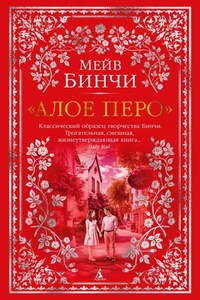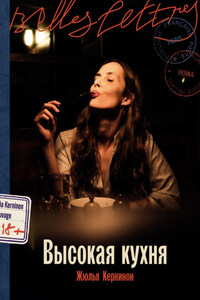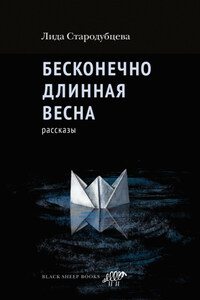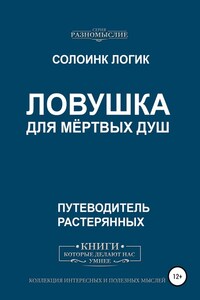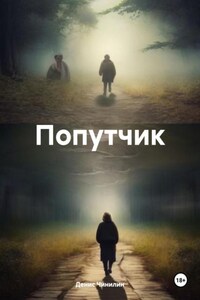The Borough Press
An imprint of HarperCollinsPublishers Ltd
1 London Bridge Street
London SE1 9GF
www.harpercollins.co.uk
First published in Great Britain by HarperCollinsPublishers 2018
Copyright © Janice Pariat 2018
Cover design and illustration Rashmi Gupta © HarperCollinsPublishers Ltd 2018
Janice Pariat asserts the moral right to be identified as the author of this work
A catalogue copy of this book is available from the British Library
This novel is entirely a work of fiction. The names, characters and incidents portrayed in it are the work of the author’s imagination. Any resemblance to actual persons, living or dead, events or localities is entirely coincidental.
All rights reserved under International and Pan-American Copyright Conventions. By payment of the required fees, you have been granted the non-exclusive, non-transferable right to access and read the text of this e-book on screen. No part of this text may be reproduced, transmitted, down-loaded, decompiled, reverse engineered, or stored in or introduced into any information storage and retrieval system, in any form or by any means, whether electronic or mechanical, now known or hereinafter invented, without the express written permission of HarperCollins.
Source ISBN: 9780008272562
Ebook Edition © May 2018 ISBN: 9780008272555
Version: 2018-07-26
YOU ARE TWELVE, and you loathe me.
In my class, you refuse to paint, because you think your pictures are ugly. And I try and tell you, like every good teacher must, regardless of whether I believe it or not, that you’ll improve with practice. You disagree. It infuriates you that there’s something you can’t immediately do, like a maths sum, or a science experiment. This is art, I tell you, but I can see you’re a scientific artist. If there is such a thing.
The other children huddle around tables, painting and sketching in wild abandon. A few are truly accomplished. You are not one of them. Their hands move instinctively across canvas and paper, guided by some unseen spirit. Although I have a sorrowful feeling that this is the only time in their lives they will ‘do’ art. And that they will grow up and plunge into vocations that do not call for beauty.
Almost a year ago, on my first day here, in this small school, in this small town in the east of the country, I assigned the class to paint a tree.
‘What kind of tree?’ you asked.
‘Any kind,’ I replied.
‘But there are so many kinds of trees …’
‘I’m happy with any.’
That did not please you. And while you sat there undecided, the others dipped and dabbed, and I could tell that when you eventually tried, you were ashamed, even a little humiliated, that your tree looked like a green Popsicle on a stick. I made the mistake of coming round to your side of the table, and praising the girl to your right.
‘Look … how she’s allowed some sky to filter through the branches … That’s how it is, isn’t it? A tree is patchy. There are gaps between the leaves …’
You stared at me with something close to hatred.
It’s a look I grew accustomed to those first few months. Everything I said, whether to you or another student, seemed incendiary. You didn’t commit any overt misdemeanours, nothing I could throw you out of class or send you marching off to the headmaster for, which perhaps would have made it easier. Instead, it was a simmering, furtive mutiny. You did the barest minimum of work. Spending most of class time staring listlessly, excusing yourself to use the loo and not returning until just before the bell. You wouldn’t care to participate or answer questions, and anything I asked directly was met with a moody ‘I don’t know’.
In this way, we ploughed on through the year.
And even today, I get the same look of loathing. We’re painting a snowy landscape in class, and I glance at the picture you’ve made, and say sharply, ‘Have you ever seen pure white in nature?’
You frown. ‘What do you mean?’
‘I mean … snow is not white white, is it? There are shades of blue, and grey, and pink and yellow and purple even … the white wouldn’t show if it were only white.’
And then I make the biggest mistake of all. I touch up your painting. I dip the paintbrush in a bit of blue, black, and water, and spread it over your landscape.
A touch here, a stroke there. I have improved the picture but lost you.
From now on, you refuse to pick up a brush. Even on threat of punishment and failure.
You are the most stubborn child I know, and make me long for the days of corporal punishment.
Later, when I ask the class to hand in their assignments for grades, you submit a blank page.
‘What is this?’ I ask crossly.




